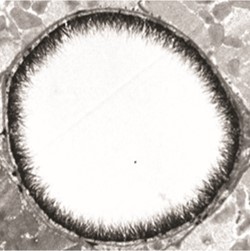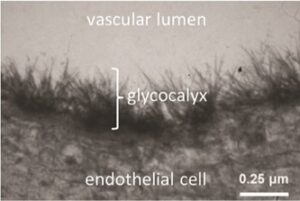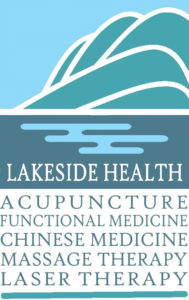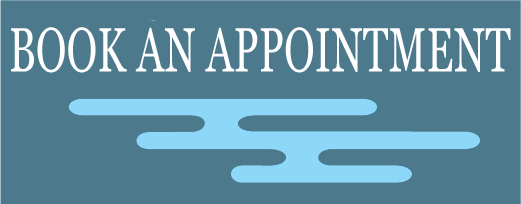Question:
Are there supplements that can help lower blood pressure?
Dr. Donna Rasplica, B.C. Reg. Doctor of Traditional Chinese Medicine, loves how traditional herbal medicines and therapies can be matched to the individual. She specializes in treating pain, chronic diseases, and problems of aging.
ANSWER:
A good diet and of course exercise can help to control blood pressure and are always the first therapeutic tools. With regular monitoring of blood pressure and advice from your primary medical provider you can add targeted nutritional supplements and medicinal herbs.
Reduce salt! There was a 75 – 80% decrease in both heart disease and stroke mortality in Finland and an increase in life expectancy of 6 – 7 years in a 30-year period. This is astounding and if it was caused by a drug would be hugely celebrated. Instead, a major factor was replacement of table salt (sodium chloride) in homes and food industry with a novel salt enriched with potassium, magnesium and L-lysine HCL. Only your taste buds limit the quantity of this salt.
Surprising and bad news for many is that sugar will raise blood pressure – not for everyone but for some it’s quite significant. If there’s diabetes or hypoglycemia in your family you’re more likely to be affected. Sugar causes significant excretion of calcium and magnesium. Sugar is instantly inflammatory and has no nutritional value.
Supplement protocols can work remarkably well in conjunction with dietary changes. All of the supplements mentioned below have benefits far beyond lowering blood pressure. In fact, one of my favorite supplements for blood pressure—magnesium— also helps with arrhythmia, lowers death rates following heart attacks, and even aids in halting asthma attacks. It increases the heart’s supply of oxygen, reduces vessel blockages, and prevents the formation of blood clots. It decreases the frequency of angina and has proven benefits for heart failure and mitral valve prolapse.
Free radical damage is the single largest contributor to degenerative disease, and cardiovascular disease in particular. The water soluble antioxidant vitamin C helps maintain the elasticity of arterial walls. A landmark study published in the Lancet found that blood levels of vitamin C were inversely related to death from heart disease.
Co-enzyme Q10, a potent antioxidant, has been shown to lower systolic blood pressure an average of 17.8 mm/Hg. At least 100mg per day is recommended, 200-300mg if you can afford it.
Folic acid, B12 and B6 normalize levels of homocysteine, a toxic compound that damages the arteries and initiates atherosclerosis. Homocysteine blocks the production of nitric oxide, which protects the endothelial cells lining the arteries and relaxes the smooth muscle cells of the arteries, lowering blood pressure. These three vitamins must be in this form: methylfolate or folinic acid, methylcobalamin B12, and pyridoxal-5-phosphate (B6).
The omega-3 fatty acids in fish oil modulate many of the mechanisms of cardiovascular disease. They help reduce inflammation and excessive blood clotting, lower triglycerides, prevent arrhythmias, relax arteries.
New research and amazing micrograph pictures of the lining of our arteries shows the importance of our ‘endothelial glycocalyx’. In closeup, the surface of this lining looks like eel grass in a waterway – beautiful, delicate. The glycocalyx prevents cholesterol and immune molecules from sticking to the walls of vessels, keeping arteries elastic and less prone to damage. Speaking of aquatic plants (eel grass), complex long chain molecules derived from a type of seaweed have been shown in multiple well-designed studies to regenerate damaged artery linings and the glycocalyx – within a very short time. www.arterosil.com


My bias – based on both science and my knowledge of the intricacies of Traditional Chinese Medicine – is the synergy of medicinal herbs. The complex botanical constituents of an appropriately prescribed herbal formula are much like food in their ‘friendliness’ to the body. Properly prepared and extracted herbs can have extraordinary effects on the cardiovascular system and blood pressure. You might recognize some of these: chrysanthemum and honeysuckle flower, pagoda tree flower, notoginseng root, shiitake mushroom, hawthorn. These familiar foods and spices are very good medicine also – garlic, cinnamon, onions, olives, oregano, cardamom.
An herbal formula that reduces blood pressure will typically, at the same time, reduce stress, anxiety, migraines, and improve sleep.
A Traditional Chinese medical herbalist is a health care practitioner licensed under the Health Professions Act in British Columbia. You can be assured that herbs available in Canada and at Lakeside Health are safe and free of contaminants.



